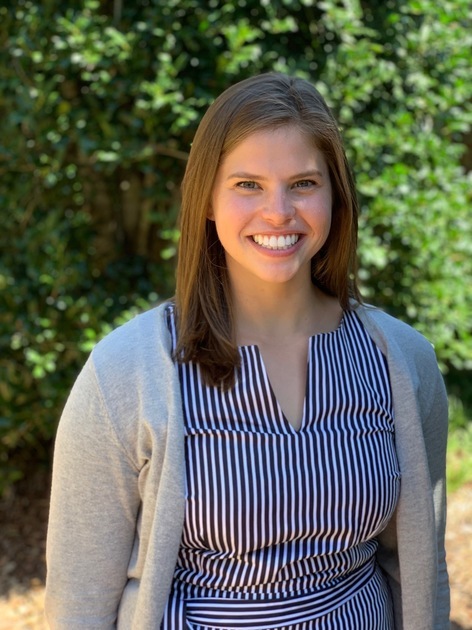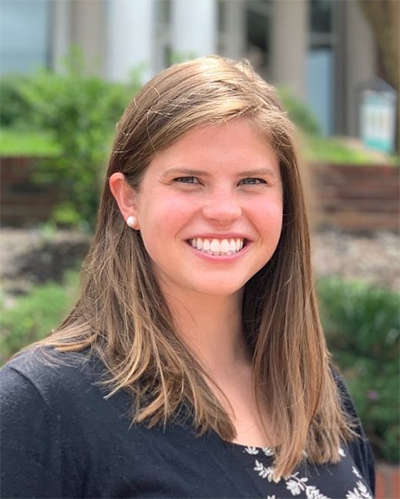Cari Koerner
CAPSTONE
Capstone Project Committee: Heather Wetzel, M.S., CGC; Andrie Klass, M.S., CGC; Rachel Mills, M.S., CGC
With advances in technology, decreasing cost of genetic testing, and growing public interest in genetics, an increased uptake of genetic testing, particularly direct-to-consumer genetic testing (DTC-GT), has led to an overwhelming demand for genetic counseling services. As such, various alternative service delivery models have been proposed in an effort to increase access to genetic counseling. Some service delivery models, such as asynchronous messaging, remain unexplored in the genetic counseling literature. The purpose of this study was to assess communication during genetic counseling for DTC-GT through asynchronous messaging. A thematic analysis was conducted on 34 de-identified chat transcripts between genetic counselors and clients of DTC-GT. Six categories of communication were identified and were grouped based on whether communication was from the client or genetic counselor. Categories observed in client communication were motivations for seeking DTC testing and/or genetic counseling services, questions posed to the genetic counselor, responses provided during the session, and psychosocial aspects of the session. Categories of communication that emerged from the genetic counselors’ communications were educational aspects of the session and counseling strategies. Most clients had specific questions about variants detected or specific conditions. Many clients asked about appropriate subsequent steps related to additional testing or medical management. Genetic counselors discussed limitations of DTC-GT and recommendations for clinical grade testing in almost all chat transcripts. In several chats, the genetic counselor provided advice to the client related to minimizing time sorting through likely benign results and refraining from changing medical management. Counselors were able to utilize counseling strategies such as rapport-building, contracting, and managing expectations. Results suggest that chat-based genetic counseling can address the variable informational and psychosocial needs of clients after DTC-GT. Findings from this study provide initial insight into a unique genetic counseling delivery model and may be used by genetic counseling students or practicing genetic counselors to prepare for sessions with clients that have had DTC-GT.
Since Graduation

Cari began her journey at UNCG in the Fall of 2019 after completing her MS in Biochemistry and Biophysics at UNC Chapel Hill, where she researched lipid metabolism. During her time at UNCG, she enjoyed working on her capstone project which looked at themes that emerged between genetic counselors and clients of DTC testing in chat conversations. In June of this year, she joined the genetic counseling team at Cone Health Cancer Center.
She is excited to serve and support patients in the Greensboro area while continuing to explore North Carolina in her free time.
